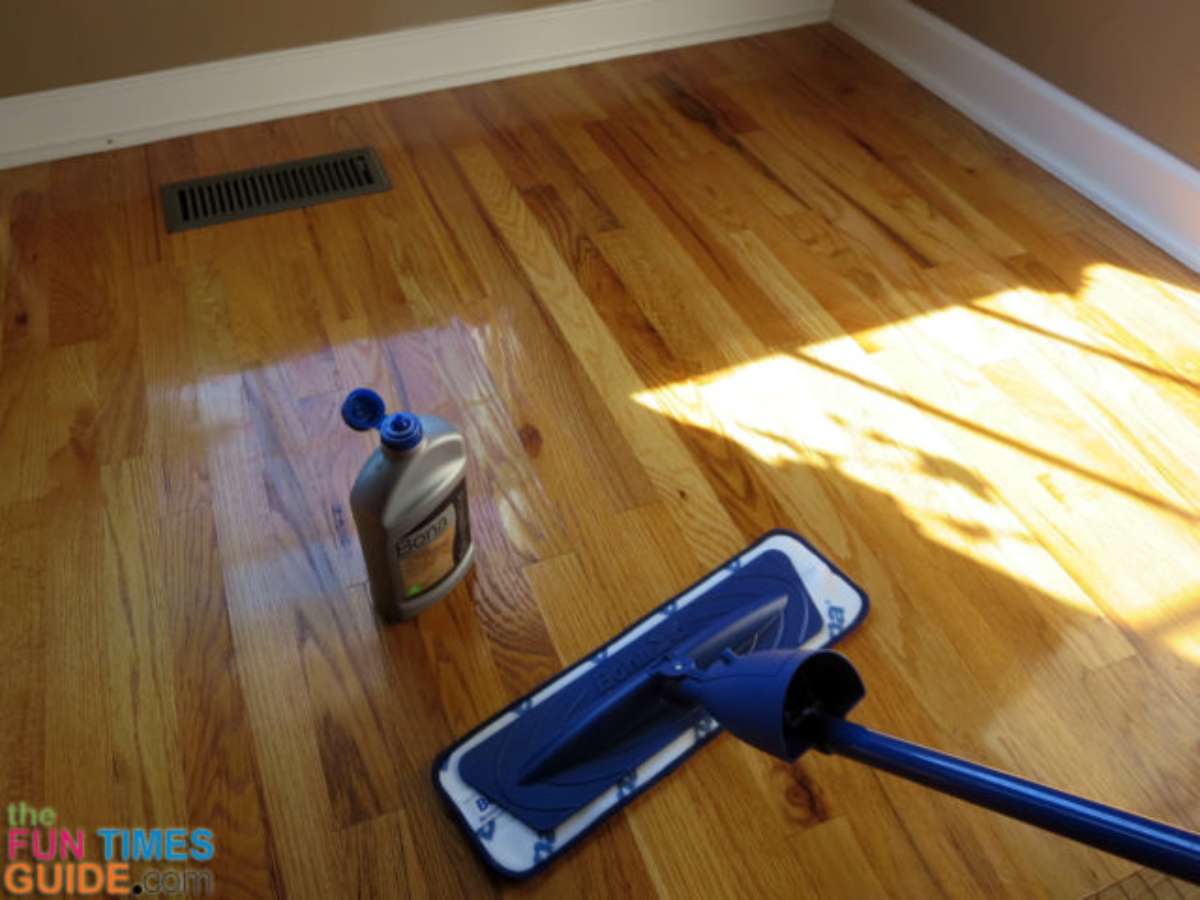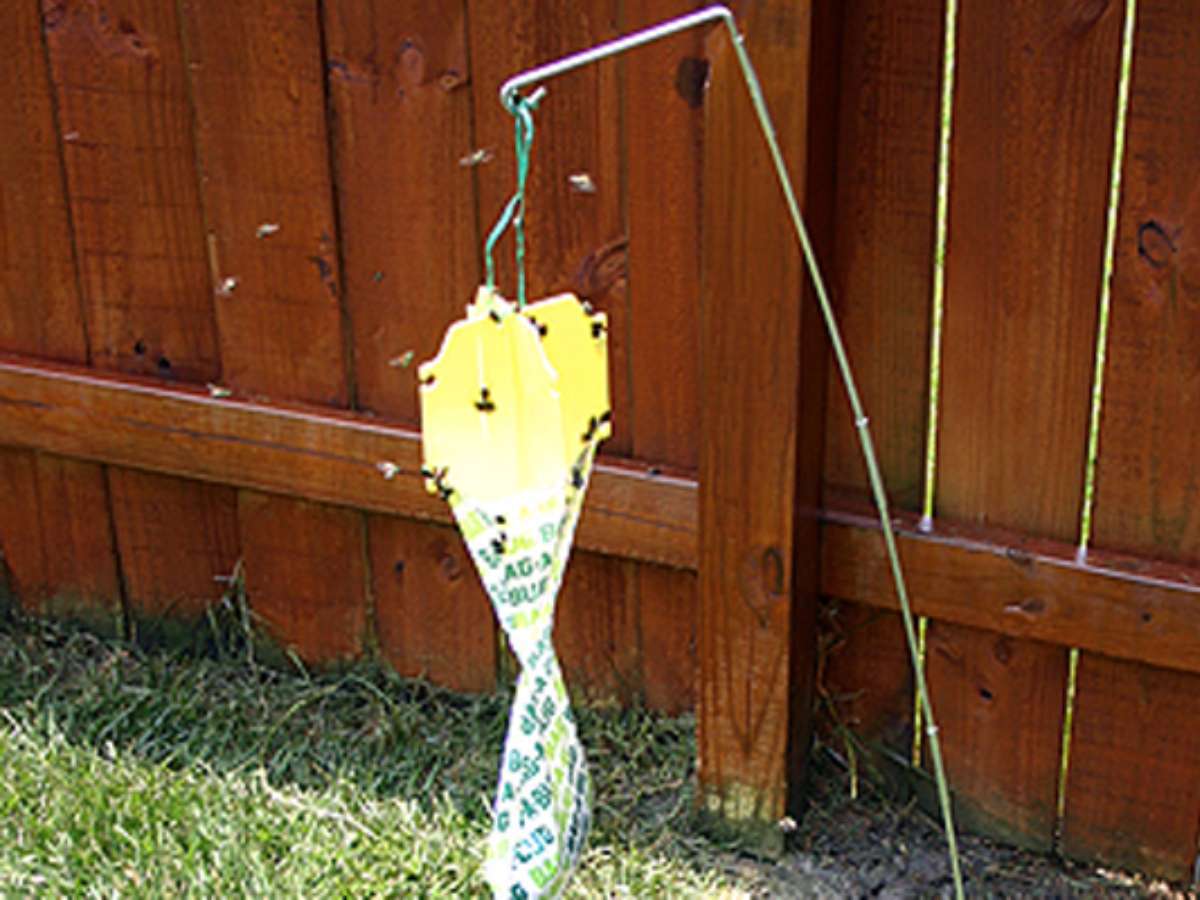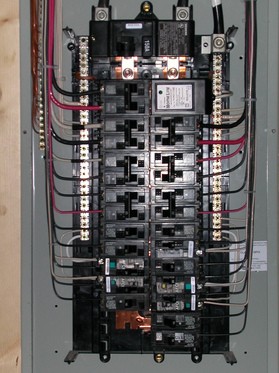 Odds are, a few items inside your home (like your computer, TV, DVD player and such) are plugged into multi-strip extension cords that also provide point-of-use surge protection.
Odds are, a few items inside your home (like your computer, TV, DVD player and such) are plugged into multi-strip extension cords that also provide point-of-use surge protection.
Most of those types of surge protectors provide the minimum level of protection for everyday household items.
But is that really enough protection for your home electronics and appliances?
Are power strips the best way to protect your things from lightning strikes and sudden jolts of electricity?
The fact is, you might want to consider a whole house surge protector. Here’s why…
Surge Protectors Are A Must
Any device that has a digital display or draws electricity (even in small amounts) may turn into a magnet when lightning strikes near your home.
Even if lightning hits an electrical power line or transformer a half-mile away, it could send a spike down the power line that will take out everything in its path!
This could amount to many thousands of dollars in damage very quickly.
Why take a chance?
The only way to protect your entire house and all electronic devices in it is to install a whole house surge protector.
In fact, you might want to use both, a whole house surge protector and individual power strips to safeguard all of your valuable electronics.
Here’s why:
Whole House Surge Protectors vs Power Strips
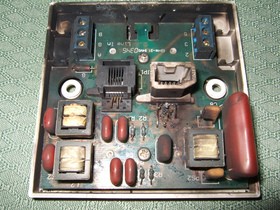 Lightning-generated electrical spikes can send a 200,000-amp jolt down the line, instantly burning out any device that runs on electronic chips.
Lightning-generated electrical spikes can send a 200,000-amp jolt down the line, instantly burning out any device that runs on electronic chips.
The ultra-fine connections contained in microchips don’t stand a chance at handling that type of power.
That’s why an investment of a couple hundred dollars for a whole house surge protector makes so much sense. It protects your entire home and everything in it!
There is no way that a power-strip surge protector can protect like that.
Point-of-use surge protectors simply protect your electronics from very minor day-to-day surges that typically travel through your home’s electrical lines. Think: temporary downed power lines, a blown transformer, hot summer days and many of your neighbors’ AC units kick on at the same time. Even the motors in your own appliances can cause surges in your home’s electrical lines.
In and of themselves, these types of minor surges do not pose any risk to your electronics on a daily basis. However, over time and after enough of those minor surges have hit your electronic devices, those devices will have a much shorter lifespan.
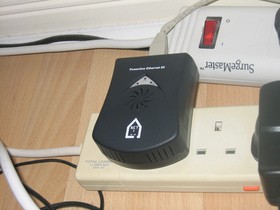 That is, unless you use power strip surge protectors! Power strip surge protectors take the brunt of the abuse from daily electrical surges — rather than your electronics taking the hit.
That is, unless you use power strip surge protectors! Power strip surge protectors take the brunt of the abuse from daily electrical surges — rather than your electronics taking the hit.
Keep in mind, your power strip surge protectors themselves will eventually wear down and become less and less effective over time. But they do their jobs well in terms of protecting your electronics from the dozens of minor electrical surges that naturally occur every day in your home’s electrical wires. That’s why they should be used in addition to a whole house surge protector.
In the end, what it comes down to is this…
At the very least, you should use surge protector power strips for all of your valuable electronic devices. They will save the life of your electronics by preventing small surges from reaching your devices. But for the ultimate protection from anything larger than minor power surges, you’ll want to get a whole house surge protector.
For the highest level of protection, I would use not only a whole hose protector, but also quality surge protectors for my computer systems and my audio video components. That way you’re covered not only for every electronic in the house, but you have extra protection for the most sensitive components. I’ve learned the hard way that it only takes a second to lose a lot of expensive equipment to a power surge. I’m planning to build a new home soon, and it will have a whole-house surge protector in it. Frankly, I don’t know why every builder doesn’t install them in every house. Source
More About Surge Protectors
- Comparisons Of Whole House Surge Suppressors
- I’m Glad I Installed A Whole House Surge Protector!
- How To Choose Surge Protection For Your Home
- The Myth Of Whole House Surge Protection
- Tip: Don’t Leave A Power Strip Facing Down On The Carpet
- Surge Protectors: An Overview
- Whole House Surge Protector: A Wise Investment Or A Waste?

